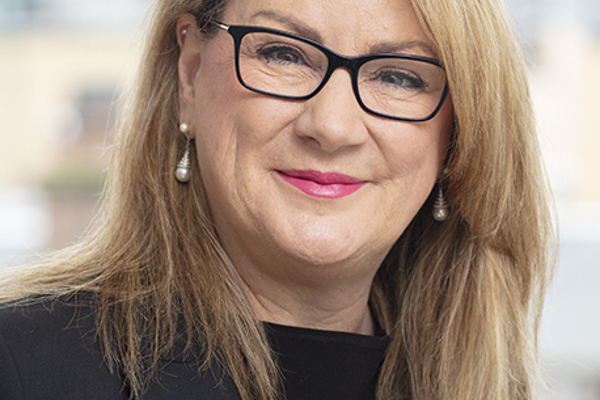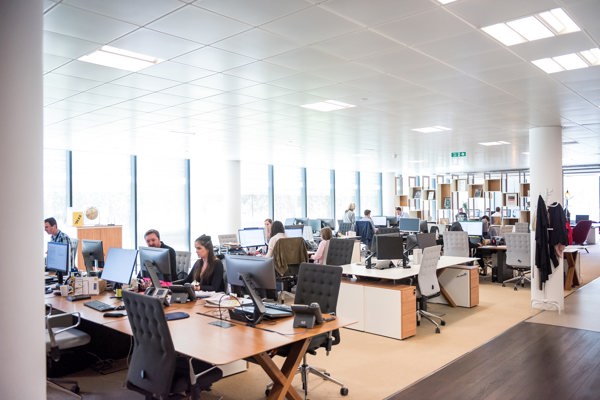Recently we have seen an open letter from 12 Scottish business organisations urging the Scottish Government and other agencies to make more use of mediation, to resolve disputes. The Scottish Government already has this under consideration following the excellent report by Scottish Mediation last year “Bringing Mediation into the Mainstream in Civil Justice in Scotland”, albeit progress has, understandably, been slowed by the pandemic. The irony of this, though, is that the need for mediation, or other alternative methods of conflict resolution, has only increased as a result of the pandemic. So what can be done to address this apparent dichotomy?
I would argue that much rests with the legal profession. Alternative dispute resolution (ADR) has been a 'live' topic for many years, taught in Universities for at least three decades, and yet how many of us actively discuss it with clients in a way that persuades them that it is worth serious consideration? Not so long ago mediation was regarded pejoratively by many lawyers as a fringe activity with little benefit. I suspect a great many lawyers remain unconvinced, inexperienced or simply ignorant of what mediation entails. They should not be. In terms of Law Society of Scotland Guidance, lawyers must act in the best interests of their clients and must not permit their own personal interests to influence that. And yet, I have heard lawyers openly say that mediation does not fit with their "business model" and that it is better for them to litigate than to mediate. Where do the client's interests feature there? A fundamental point is the terminology used. The very use of the ADR label connotes that "Alternative" is somehow less worthy than the traditional litigation route. My strong contention is that mediation should be considered in every situation before litigation is raised and should not in any way be considered an alternative
More specifically, the guidance clearly states Solicitors should have a sufficient understanding of commonly available "alternative dispute resolution" options to allow proper consideration and communication of options to a client in considering the client's interests and objectives. A solicitor providing advice on dispute resolution procedures is required to be able to discuss and explain available options. This must include advice about the advantages and disadvantages of each option. It must be done in such a way as to enable the client to make an informed decision as to the course of action and procedure he or she should pursue to best meet their needs and objectives, and to instruct the solicitor accordingly. So, in every dispute a solicitor has a professional obligation to discuss mediation with the client and to advise on whether or not it is appropriate for the client to meet their interests and objectives. I suspect in a great many cases that is not done. That is not only a breach of professional duties but a disservice to the client where a positive result might be obtained at much less expense and in a more efficient and better way.
It is right to commend the efforts of Scottish Mediation and the calls for the Government to integrate mediation into the Civil Justice system but it is suggested that the ability to make a real difference rests with the legal profession. We have already been told what to do in relation to advising on mediation but there needs to be a step change so that this is actually done. One of the problems might be a lack of understanding within the profession about the lawyer's role in a mediation. That is easily rectified by a little bit of training, followed by some experience of the process. But unless, collectively, we take those first steps towards trying it out, my view is that change will be slow. If the coronavirus has taught us anything, it is how adaptable we are. Almost overnight, old habits were halted, and new habits have now formed. Why can't we make discussing mediation our new habit?
As is often quoted, the definition of insanity is doing the same thing over and over again and expecting different results. As a profession, we have a duty not to keep doing the same thing over and over again. We must progress and move with the times - the system is telling us it is necessary. So view this as a call to arms - gain some knowledge and experience of mediation and get into new habits. You just might find that your client relationships are strengthened by an approach that works entirely for them.


